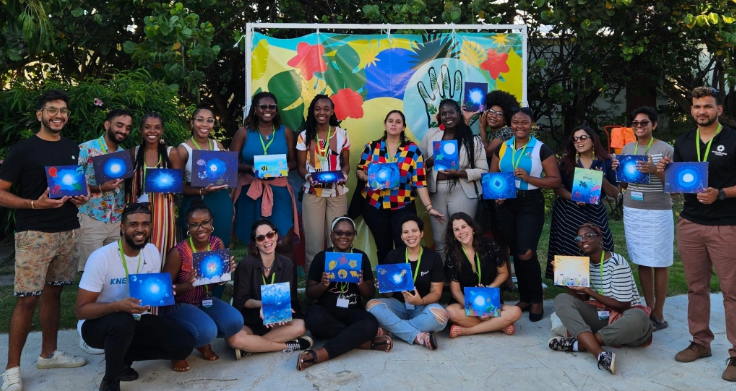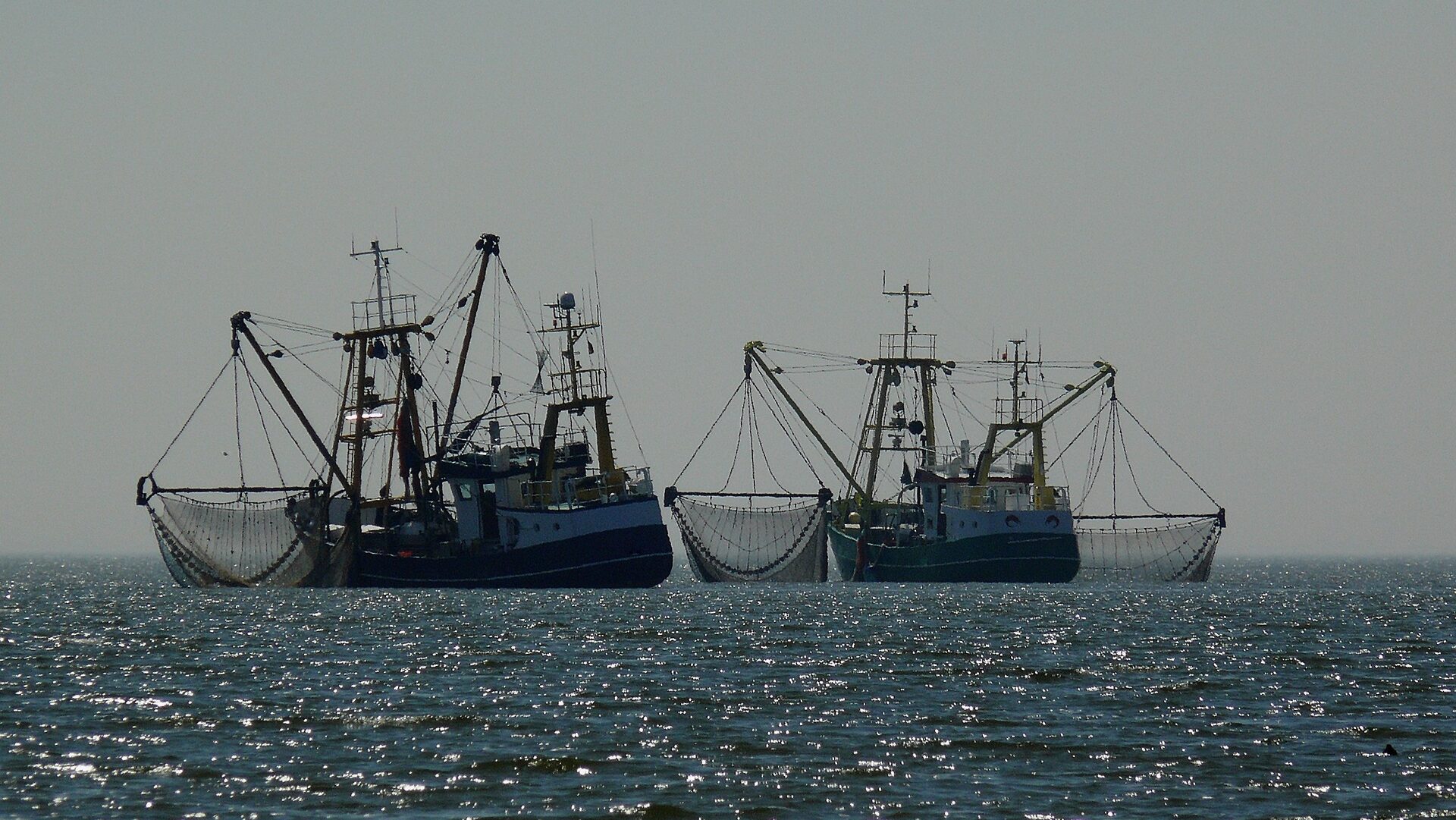2024 Peter A. Larkin Award Lecture: Marine Fish On the Move: Challenges and Prospects for Fisheries Adaptation
Aquatic Ecosystems Research Laboratory (AERL) 2202 Main Mall, Vancouver, British Columbia, CanadaMarine Fish On the Move: Challenges and Prospects for Fisheries Adaptation Ocean life is on the front lines of climate change, with many species living closer to their limits and shifting to new locations faster than species on land. Marine communities are also rapidly turning over to new species compositions. This talk will examine how […]

